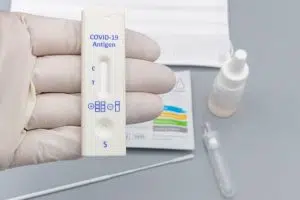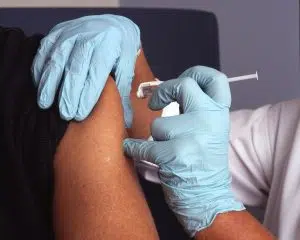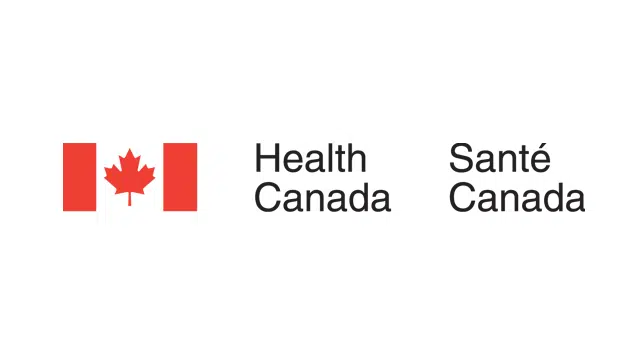We know finding up to date information about this pandemic can be a challenge. Please bookmark this page and feel free to share it with friends and family as we look to provide relevant information for area residents.
According to the Centre for Disease Control in Atlanta here are some frequently asked questions and answers:
Q: What is the risk of my child becoming sick with COVID-19?
A: Based on available evidence, children do not appear to be at higher risk for COVID-19 than adults. While some children and infants have been sick with COVID-19, adults make up most of the known cases to date. You can learn more about who is most at risk for health problems if they have COVID-19 infection on CDC’s current Risk Assessment page.
Q: How can I protect my child from COVID-19 infection?
You can encourage your child to help stop the spread of COVID-19 by teaching them to do the same things everyone should do to stay healthy.
Clean hands often using soap and water or alcohol-based hand sanitizer
Avoid people who are sick (coughing and sneezing)
Clean and disinfect high-touch surfaces daily in household common areas (e.g. tables, hard-backed chairs, doorknobs, light switches, remotes, handles, desks, toilets, sinks)
Launder items including washable plush toys as appropriate in accordance with the manufacturer’s instructions. If possible, launder items using the warmest appropriate water setting for the items and dry items completely. Dirty laundry from an ill person can be washed with other people’s items.
You can find additional information on preventing COVID-19 at Prevention for 2019 Novel Coronavirus and at Preventing COVID-19 Spread in Communities. Additional information on how COVID-19 is spread is available at How COVID-19 Spreads.
Q: Are the symptoms of COVID-19 different in children than in adults?
A: No. The symptoms of COVID-19 are similar in children and adults. However, children with confirmed COVID-19 have generally presented with mild symptoms. Reported symptoms in children include cold-like symptoms, such as fever, runny nose, and cough. Vomiting and diarrhea have also been reported. It’s not known yet whether some children may be at higher risk for severe illness, for example, children with underlying medical conditions and special healthcare needs. There is much more to be learned about how the disease impacts children.
Q: Should children wear masks?
A: No. If your child is healthy, there is no need for them to wear a facemask. Only people who have symptoms of illness or who are providing care to those who are ill should wear masks.
COVID-19 Closures and Cancellations
Send Us Your COVID-19 Closures and Cancellations
COVID-19 News






Travel Restrictions: Avoid non-essential travel outside of Canada until further notice.
To limit the spread of COVID-19, many countries have put in place travel or border restrictions and other measures such as movement restrictions and quarantines. Airlines have cancelled flights. New restrictions may be imposed with little warning. Your travel plans may be severely disrupted and you may be forced to remain outside of Canada longer than expected.
Canada is also limiting entry in the country to Canadian citizens with a few exceptions as of March 18th. Those include permanent residents, immediate family members of Canadian citizens, diplomats, air crews and U.S. citizens.









